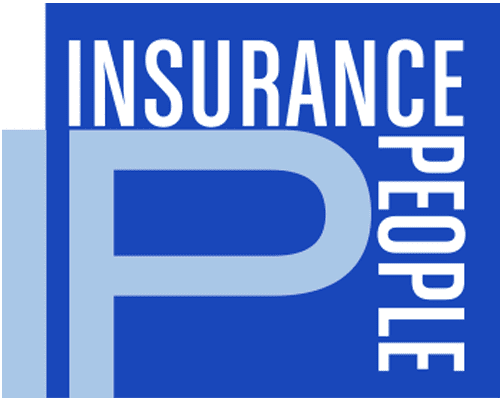Due to Covid-19 and social distancing, Americans have been facing increased levels of financial and mental hardships. More specifically, students and young adults alike have been at the forefront of this crisis. For our country to reach its utmost potential, we need our future leaders to not only feel comfortable but also supported; specifically, in their own school. SafeSchools, an industry leader in training courses for educational institutions, provides modules on mental health for students to help proactively change the current environment.
Please take the time to read the full SafeSchools’ article below to learn more:
A recent survey of 3,300 teenagers (ages 13-19) conducted by America’s Promise Alliance found that teens are more concerned than usual about their health and their family’s health, as well as concerned about the financial impacts of the COVID-19 pandemic on their families. According to the survey report, “30% of young people say they have more often been feeling unhappy or depressed, and nearly as many say they are much more concerned than usual about having their basic needs met. More than one-quarter of students (29%) say they do not feel connected at all to school adults. A similar percentage do not feel connected to classmates or to their school community.” Survey results indicate that teens are experiencing collective trauma caused by the changes in their immediate circumstances, combined with the uncertainty about the future.
- Understand young people’s evolving concerns. Even during the summer, school administrators, counselors, coaches, health care providers, and others should listen to what young people are saying about their concerns, so that they can provide timely, personalized supports.
- Strive toward equity. The survey indicates that all young people are suffering during this time, but the COVID-19 pandemic is exacerbating pre-pandemic racial and economic inequities. As a result, supports need to be tailored to meet those unique needs.
- Prioritize social and emotional well-being. The survey findings highlight the need for a renewed focus on ensuring students (and the teachers and families who support them) have resources to address their social, emotional, and cognitive well-being.
How SafeSchools Can Help
SafeSchools Training’s courses for students cover essential safety and wellness topics and help educators facilitate important discussions with their students. The expert-authored, video-based course modules are highly relatable and focus on the impact the topics can have on students personally or the people they care about. Peer presenters, animations, and live-acted scenarios help students visualize and apply what they’re learning. Each module comes with a lesson plan, discussion questions to help you talk with students about these important topics, and facilitated group activity ideas. Courses are customized for grades 6-8 and 9-12 to ensure age-appropriate content.
New Student Wellness Courses for Back-to-School
The new collection of courses for grades 9-12 will be available in time for back to school and includes the following courses focused on student emotional and mental well-being: Stress & Anxiety; Depression; Good Decision Making; Healthy Relationships; and Resolving Disagreements. Similar courses for grades 6-8 will be available in 2021.
Other courses currently available for both grades 6-8 and 9-12 include: Alcohol, Drugs, and Vaping; Bullying & Cyberbullying; Digital Citizenship; Sexual Harassment; and Youth Suicide Awareness.
